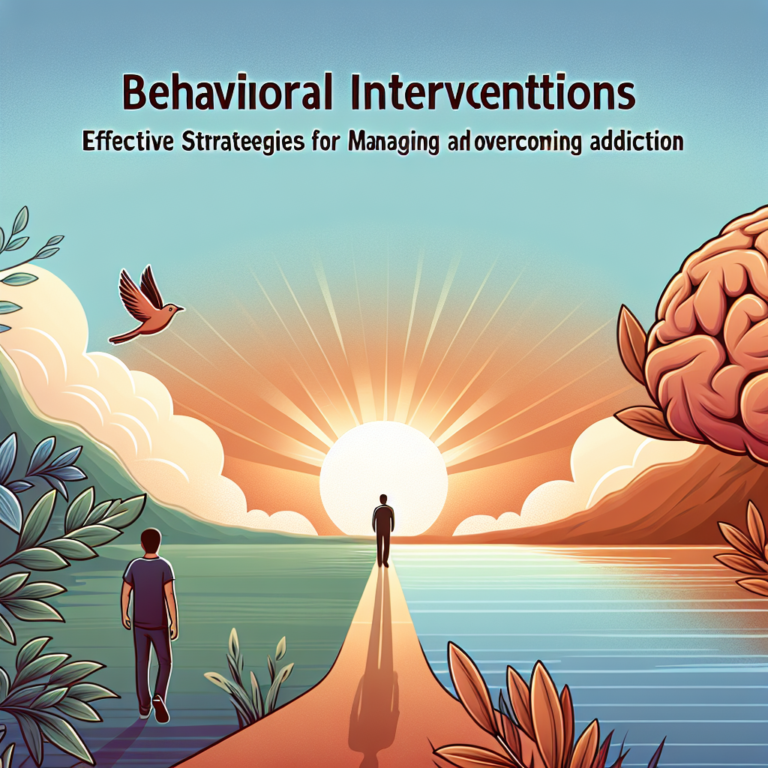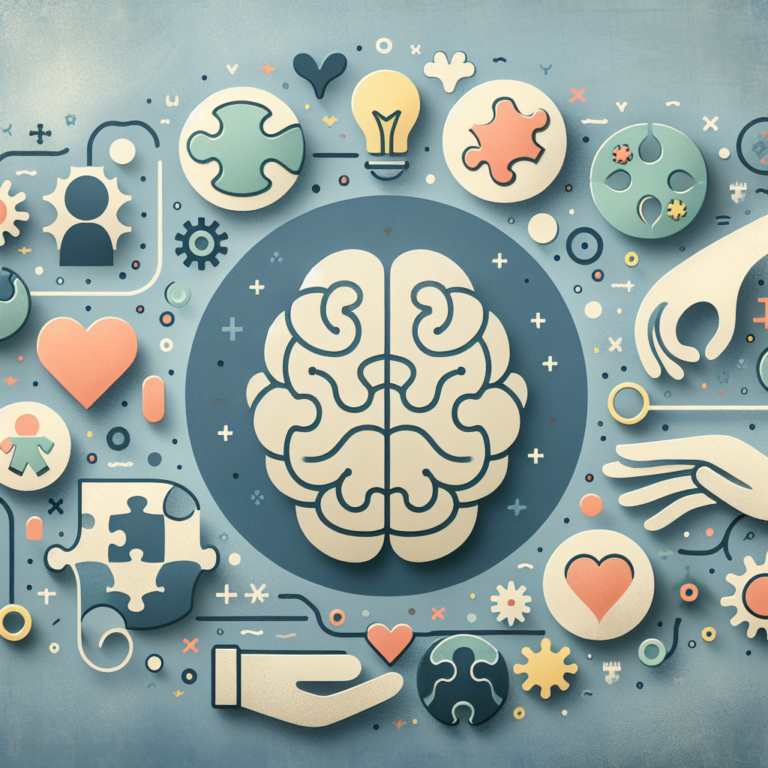
Mind Over Matter: Developing Emotional Endurance During Difficult Times
Introduction
In today’s fast-paced and often chaotic world, the reality of experiencing tough times is universal. Whether it’s loss, failure, or unexpected change, challenges can shake our foundations and test our resilience. But what if I told you that your mind holds the key to overcoming these trials? Mind Over Matter: Developing Emotional Endurance During Difficult Times is not just a phrase; it’s a vital skill that can help you navigate through life’s storms with grace and strength.
In this article, we will explore what emotional endurance is, how to cultivate it, real-world case studies that illustrate its powerful impacts, and actionable strategies to help you harness the strength of your mind during trying times. Let’s dive into this essential journey of self-discovery and resilience.
Understanding Emotional Endurance
What is Emotional Endurance?
Emotional endurance is the ability to withstand emotional stress and adversity. It allows individuals to cope with challenges without becoming overwhelmed or disheartened. This form of resilience is crucial for personal growth and success, particularly when faced with adversity.
The Science Behind Emotional Endurance
Research shows that emotional endurance is not merely a trait but a skill that can be developed. Studies from psychology suggest that emotional regulation, cognitive reappraisal, and mindfulness are components of emotional endurance that can be nurtured.
| Component | Description |
|---|---|
| Emotional Regulation | Managing emotional responses to challenging situations |
| Cognitive Reappraisal | Changing the way we think about a situation |
| Mindfulness | Staying present and aware in the moment |
This table summarizes critical factors contributing to emotional endurance, each of which we will explore in detail.
Building Blocks of Emotional Endurance
1. Self-Awareness
Self-awareness is the first step toward emotional endurance. Recognizing your emotions and understanding their origins enables you to manage them more effectively.
Case Study: Sarah’s Journey
Sarah, a project manager, faced burnout while juggling multiple deadlines. By practicing self-awareness and tracking her stress levels, she identified specific triggers. This insight allowed her to implement coping strategies, improving her performance and emotional resilience.
Analysis: Sarah’s experience highlights the importance of identifying emotional triggers. Self-awareness empowers individuals to take proactive steps in managing their emotional states.
2. Resilience Training
Resilience can be likened to a muscle; the more you train it, the stronger it becomes. Techniques like positive thinking, fostering social connections, and practicing gratitude can enhance resilience.
Case Study: John’s Turnaround
John, a young entrepreneur, faced failure when his startup collapsed. Instead of giving up, he attended resilience training workshops. These experiences taught him to view failure as a stepping stone, not an endpoint. His renewed perspective helped him launch a more successful venture.
Analysis: John’s transformation illustrates how resilience training can reframe challenges, promoting emotional endurance.
3. Mindfulness Practices
Mindfulness fosters emotional endurance by grounding us in the present. Techniques like meditation, deep breathing, and yoga can decrease stress and enhance emotional regulation.
Case Study: Maria’s Mindfulness Routine
Maria, a healthcare worker, was on the verge of burnout due to stress from her job. By integrating mindfulness practices into her daily routine, she learned to manage her stress levels effectively. Meditation helped her regain focus and cultivates a positive mindset.
Analysis: Maria’s journey emphasizes the significance of mindfulness in developing emotional endurance, especially in high-stress professions.
4. Cognitive Reappraisal
This technique involves altering the way we interpret challenging situations. Cognitive reappraisal can transform feelings of anxiety into feelings of preparedness.
Case Study: Tom’s Championship Game
Tom, a high school athlete, struggled with pre-game anxiety. Through cognitive reappraisal, he learned to frame these nerves as excitement. This shift improved his performance and emotional resilience, enabling him to thrive in competitive environments.
Analysis: Tom’s experience underscores how cognitive reappraisal can enhance emotional endurance, turning pressure into performance.
Strategies for Developing Emotional Endurance
1. Practicing Gratitude
Keeping a gratitude journal can increase positivity and overall emotional well-being. Writing down what you are thankful for each day enhances emotional endurance by shifting your focus away from negativity.
2. Establishing Support Networks
Building meaningful connections with friends, family, or support groups helps promote emotional endurance. Sharing experiences and seeking support can significantly alleviate stress and foster resilience.
3. Goal Setting
Setting realistic, achievable goals can provide direction and a sense of purpose. Break larger goals into smaller, manageable tasks to maintain motivation, even in challenging times.
4. Engaging in Physical Activity
Research suggests that physical activity is a powerful antidote to emotional distress. Exercise releases endorphins, which can improve mood and foster emotional resilience.
5. Seeking Professional Help
Sometimes, the best step is to consult a mental health professional. Therapy can offer constructive strategies for improving emotional endurance and coping mechanisms tailored to individual needs.
Conclusion
Mind Over Matter: Developing Emotional Endurance During Difficult Times is a journey of self-care and self-discovery. By recognizing the power of your mind, you can build resilience and endure life’s toughest challenges. Remember, you possess the strength to overcome adversity; it’s merely waiting to be unlocked.
Call to Action:
Start today by implementing just one of the strategies outlined in this article. Whether it’s journaling your gratitude or joining a support group, take a small step toward fostering your emotional endurance. Your future self will thank you for it!
FAQs
1. What is emotional endurance?
Emotional endurance is the ability to cope with and withstand emotional stress and difficulty. It involves techniques to manage feelings effectively.
2. How can I develop emotional endurance?
Develop emotional endurance through practices like mindfulness, resilience training, and self-awareness. These approaches foster the ability to cope with adversity effectively.
3. Why is emotional endurance important?
Emotional endurance is crucial for maintaining mental health and well-being during challenging times. It enables individuals to navigate stress and recover from setbacks.
4. Can anyone develop emotional endurance?
Yes, emotional endurance is a skill that can be developed by anyone willing to put in the effort. With practice and the right strategies, anyone can build their emotional resilience.
5. How long does it take to see results in developing emotional endurance?
Results can vary based on individual commitment and practices. Some may notice improvements in their emotional resilience within weeks, while for others, it may take longer. Consistent practices yield the best results.
With this detailed exploration of emotional endurance, it is clear that the power of the mind is a formidable tool in overcoming life’s difficulties. By embracing the principles of Mind Over Matter: Developing Emotional Endurance During Difficult Times, you can transform challenges into opportunities for growth, resilience, and lasting strength.















